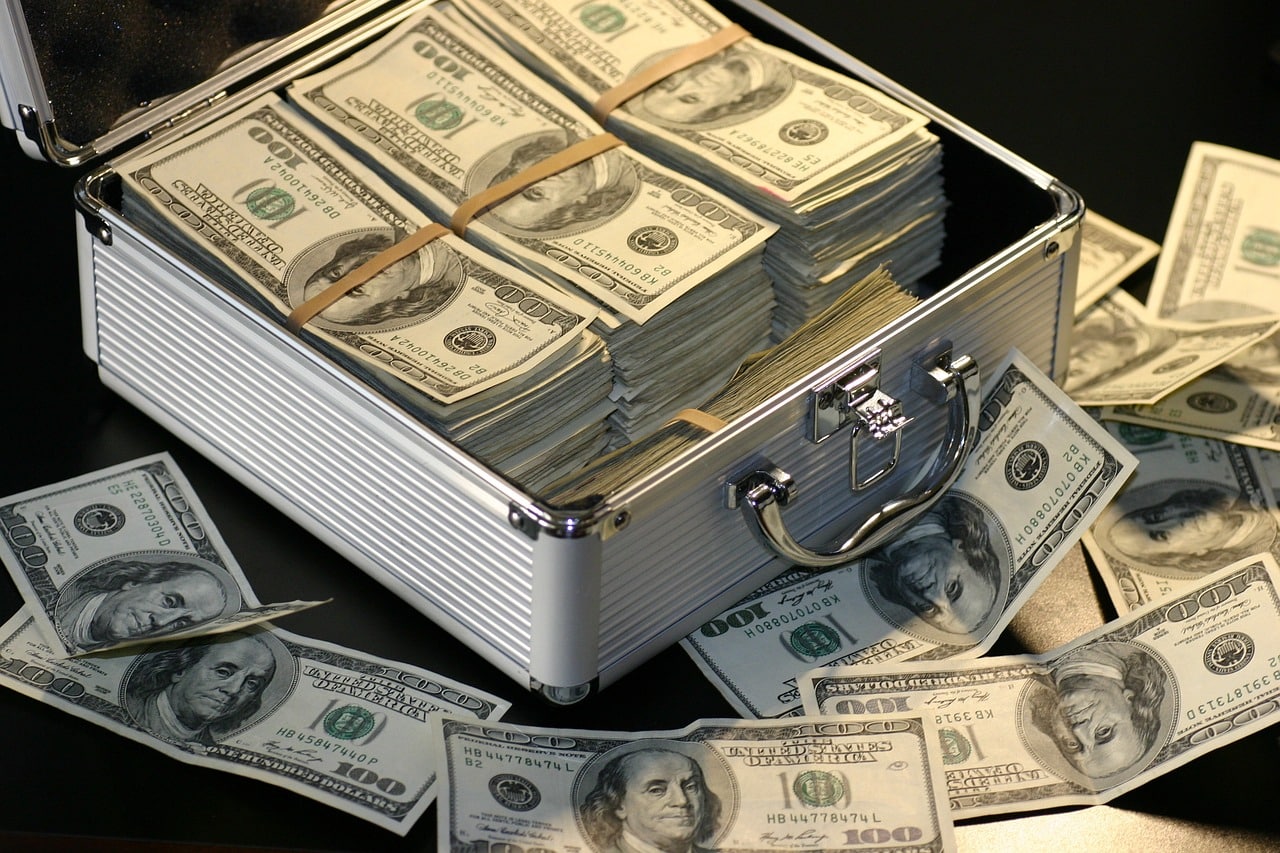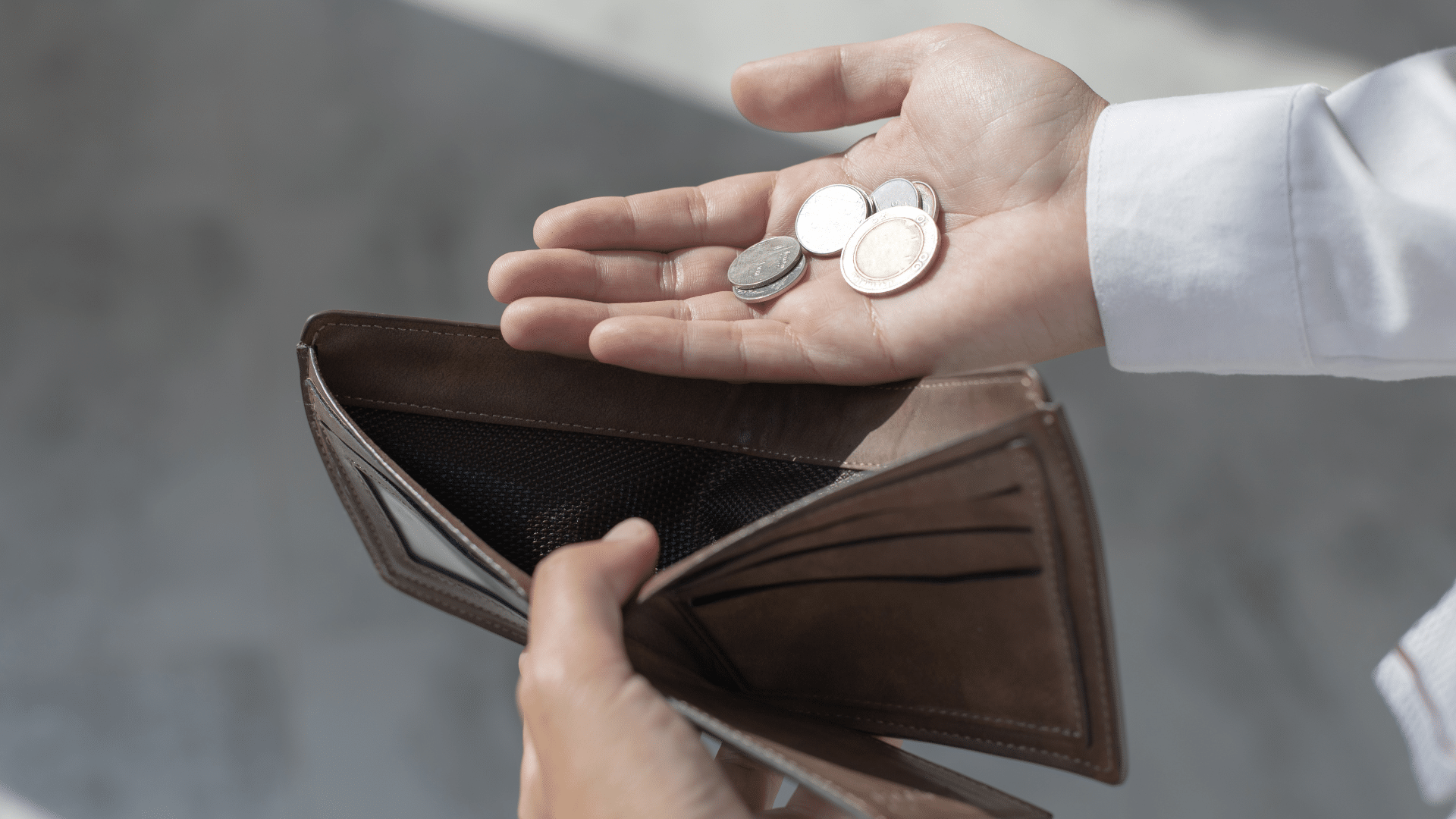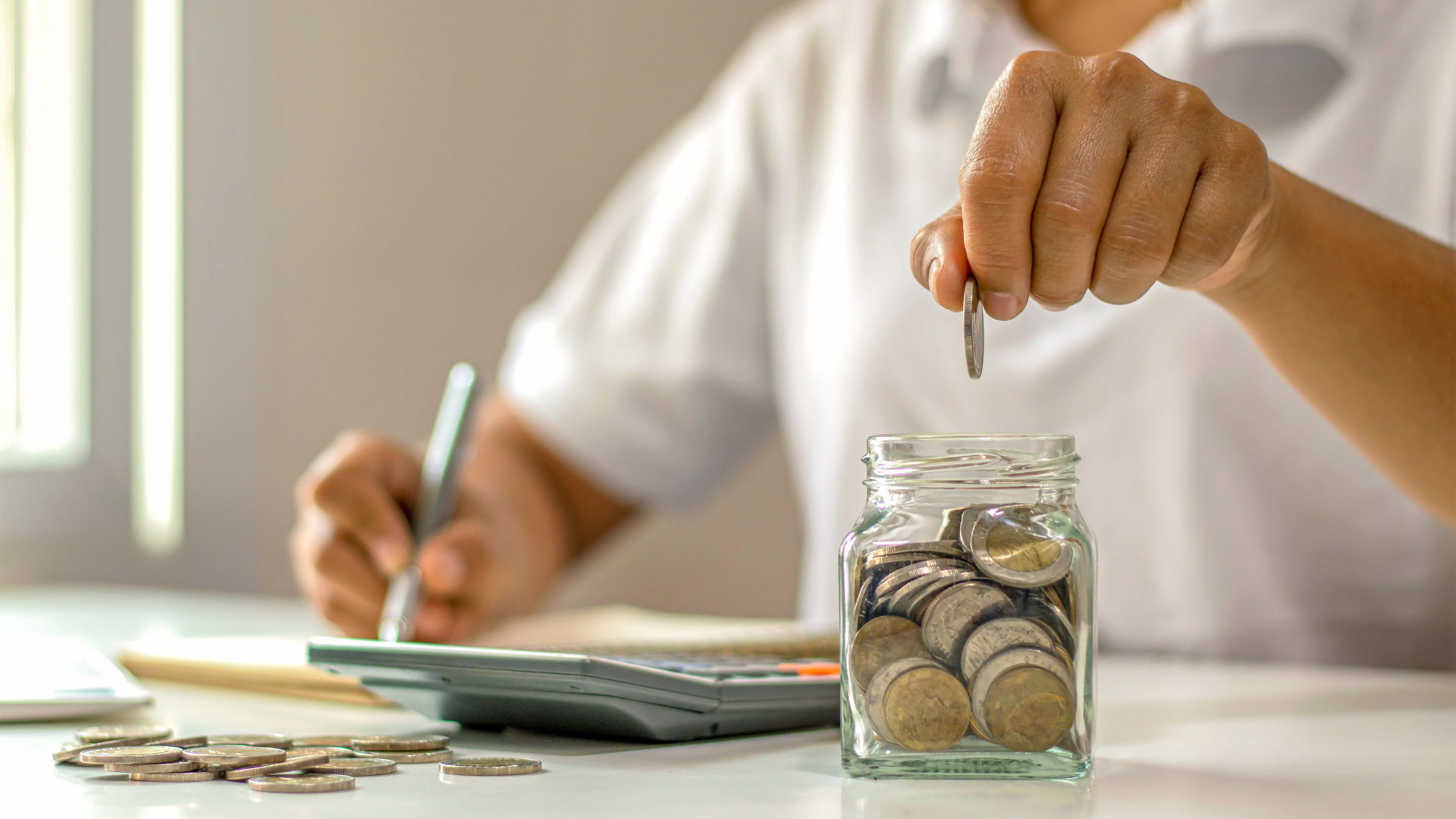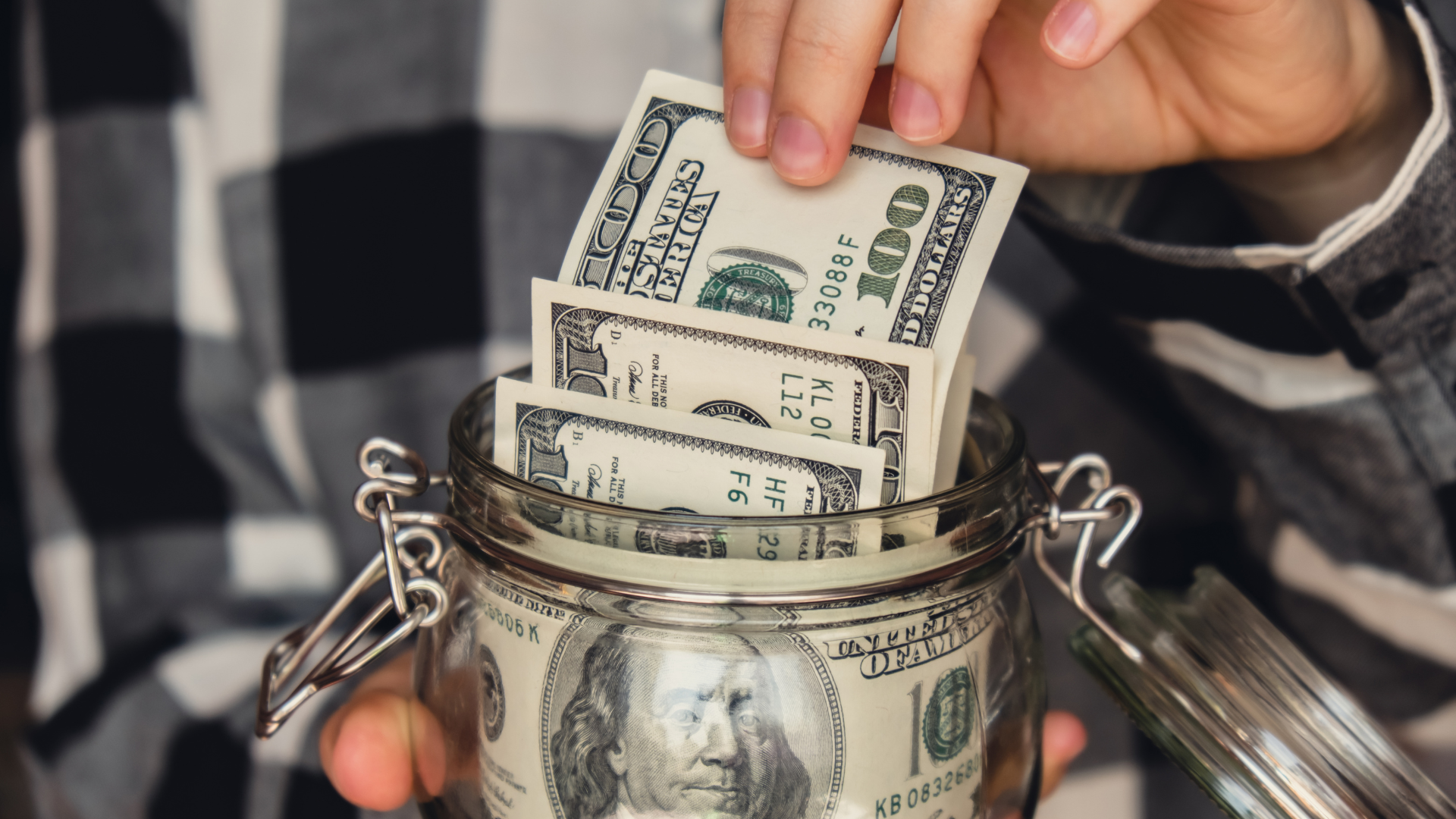Where is the Smartest Place to Keep Your Money? A Guide

Deciding where to keep your money is a crucial financial decision. Whether your goal is safety, growth, or accessibility, your choice can significantly impact your financial health. From traditional savings accounts to high-yield alternatives, there are various options to consider.
This article explores the smartest places to keep your money, helping you make informed decisions to achieve your financial objectives. In today’s financial landscape, with interest rates varying widely, it’s a good time to reassess your options. The ideal place for your money should align with your financial goals, offering a balance between security and growth potential.
Key Takeaways
- Prioritize your financial security while exploring savings options.
- High-yield savings accounts can offer better rates compared to traditional accounts.
- Understanding your financial goals is crucial to making informed decisions.
- Evaluate both safety and potential earnings in your money management strategy.
- Consider varying terms available for certificates of deposit (CDs) to match your needs.
Understanding Your Financial Goals
Setting financial goals is key to managing your money well. You can break these goals into short-term and long-term ones. Knowing these and your risk level helps you decide where to keep your money.
Short-Term vs. Long-Term Objectives
Short-term goals focus on immediate needs and help you reach bigger goals later. Some examples include:
- Creating and sticking to a budget
- Building an emergency fund
- Clearing credit card debt
Begin by setting aside $500 to $1,000 as an initial emergency fund. Gradually work towards saving an amount equivalent to three to six months of living expenses. Opinions vary on prioritizing savings versus addressing high-interest debt, but methods such as the debt avalanche and debt snowball strategies can provide effective approaches to managing and reducing debt.
Assessing Your Risk Tolerance
Your risk tolerance affects your investment choices. If you’re conservative, you might choose safer options like high-yield savings accounts. If you’re more adventurous, you might look into stocks or funds. It’s important to balance your goals with your risk level for a solid financial plan.
Where is the Smartest Place to Keep Your Money?
Finding the safest place for your money means looking at both safety and how easy it is to get to. You want to make sure you can get to your money when you need it. Look for banks or financial places that are safe and easy to use.
Evaluating Safety and Accessibility
Choose financial products that fit your needs. Look for things like FDIC insurance, which keeps your money safe up to $250,000. Banks with good reputations are often trusted by more people. But, also think about how easy it is to get your money. Do you prefer online banking or local branches?
Importance of FDIC Insurance
FDIC insurance has protected people’s money since 1933. It’s key when picking where to keep your money. It covers up to $250,000 per depositor, per FDIC-insured bank, per ownership category. This makes your money safer, giving you peace of mind.
| Factor | Importance |
| Safety | Protects against financial loss and bank failures |
| Accessibility | Ensures you can access funds whenever necessary |
| FDIC Insurance | Covers deposits up to $250,000, enhancing security |
| Reputation | Indicates trust and reliability among customers |
High-Yield Savings Accounts
High-yield savings accounts help your money grow while keeping it easy to reach. They often have better interest rates than regular savings accounts. This makes them a top pick for those wanting to boost their savings.
When looking into these accounts, think about their unique features. This includes any minimum balance needs and rules on how often you can withdraw money.
Benefits of High-Yield Accounts
The main perk of high-yield savings accounts is their high Annual Percentage Yield (APY). While the national average is just 0.43%, these accounts can offer rates as high as 5.00%.
Imagine how a $10,000 balance could earn about $400 in a year with a 4% APY.
- No minimum balance requirements for some accounts
- Flexibility to access funds whenever necessary
- Higher interest rates contribute to greater savings over time
- Ideal for emergency funds and short-term savings goals
Comparing Interest Rates
When picking the best high-yield savings accounts, it’s key to compare interest rates. Banks and credit unions offer different APYs, which can greatly impact your savings. For instance, BrioDirect has a 4.85% APY with a $5,000 minimum deposit. It’s important to look at several options to find the best rates.
In summary, weigh the benefits and rates of high-yield savings accounts. By comparing rates and terms across different places, you can choose the best one for your financial goals.
Certificates of Deposit (CDs)
Certificates of deposit offer a special way to save money. You can earn more interest by keeping your funds locked in for a set time. This method is popular for growing savings without taking big risks. It’s important to understand how CDs work to make smart financial choices.
How CDs Work
Opening a CD means you agree to keep your money in for a certain period. This can be from 3 months to 10 years. The longer you keep your money in, the higher the interest rates can be.
Most CDs require at least $500 to $1,000 to open, though some have no minimum deposit requirements while jumbo CDs generally require at least a $95,000 deposit. These are for those who want to grow their savings more.
Locking Up Your Money for Fixed Terms
CDs can help your savings grow, but think about early withdrawal penalties. The penalties can depend on how long the CD has been open or the interest rate. Some CDs have no penalties for early withdrawal.
This makes them good for people who might need money fast. IRAs also let you use CDs for retirement savings, offering tax benefits. This is a smart way to plan for the future. Always compare different CDs to find the best rates for your needs.
Money Market Accounts
Money market accounts are great for those who want a mix of savings and checking account features. They often have higher interest rates than regular savings accounts. This makes them a good choice for growing your money while still having easy access to it.
The top money market accounts offer APYs that rival high-yield savings accounts. Rates can range from 3.70% to 4.10%.
Understanding the Features of Money Market Accounts
It’s important to know what money market accounts offer. They let you write checks and may come with debit cards. This makes them more useful than some other accounts.
The Federal Deposit Insurance Corporation insures these accounts up to $250,000, just like savings accounts. Some accounts have monthly service fees if you don’t keep a minimum balance, while others do not charge any monthly service fees, giving you more freedom.
Interest rates for the best money market accounts can change. This is because of market conditions. So, it’s key to stay up to date with these rates.
Savings vs. Checking: What’s Best for You?
Choosing between savings, checking, and money market accounts depends on your needs. If you want to earn interest and still have easy access to your money, a money market account might be right for you. For everyday transactions, a checking account is better.
Money market accounts are more flexible than savings accounts but should be chosen based on how often you’ll use them and the interest rates they offer. Think about your financial goals and how you plan to use your money to pick the best account for you.
Investing in Treasury Bills and Bonds
Treasury bills (T-bills) and short-term bonds are popular for their safety and returns. They are great for those who want secure investments. Each option has its own benefits.
Exploring Treasury Bills: Safety and Returns
Treasury bills are backed by the government, making them a low-risk investment. They are sold in $100 denominations and can be bought directly from the government or through brokers. T-bills mature in four to 52 weeks, offering returns without the risk of default.
Investors buy T-bills at a discount and get their full value back at maturity. This means the interest earned is the difference between the purchase price and the face value. T-bills are also tax-efficient, as they are exempt from state and local taxes.
While T-bills don’t offer regular interest payments, they are a stable choice for managing a portfolio. They are perfect for those who value stability in their investments.
Understanding Short-Term Bonds
Short-term bonds offer varying levels of risk and reward. Unlike T-bills, they may pay fixed interest rates at regular intervals. However, their performance can be affected by market conditions, such as interest rate changes.
Investing in short-term bonds can be riskier than T-bills. It’s important to understand the risk level for a balanced investment strategy. Short-term bonds may offer higher returns than savings accounts but come with more risk. Both T-bills and short-term bonds are good options for those seeking safety and different returns.
Conclusion
Finding the best place to keep your money depends on your financial goals and situation. You might look at high-yield savings accounts or certificates of deposit. It’s key to choose what fits your needs best.
In today’s world, many people struggle with money, like saving for retirement or dealing with healthcare costs. Getting your finances in order can help a lot. With Social Security not covering all your needs, planning ahead is crucial. It’s about being ready for what’s coming.
By managing your money well now, you’ll feel more secure and prepared for the future. It’s all about taking control and being ready for what’s next.
Read More: Explore More Ways to Build Wealth
If you’re interested in discovering additional strategies to grow your wealth and achieve financial success, check out these related articles:
- How to Make Money Fast
- How to Make Money Fast Without a Job
- How to Make Money on YouTube Fast
- How To Make Money Fast In Real Estate
FAQ
What is the smartest place to keep my money?
The best place for your money depends on your goals, how much risk you can take, and how easily you need to access it. You might consider high-yield savings accounts, CDs, or money market accounts. Stocks and bonds are also options.
How can I define my financial goals?
First, figure out what you want to achieve in the short and long term. Short-term goals might be saving for emergencies. Long-term goals could be for retirement or big investments. Knowing these goals helps you decide where to keep your money.
What role does risk tolerance play in choosing where to keep my funds?
Your risk tolerance affects the financial products you should look at. If you like safer choices, think about savings accounts or CDs. For those willing to take more risk for possible higher returns, stocks or corporate bonds might be better.
How do I assess the safety and accessibility of my money?
Check if your accounts are FDIC-insured, which protects up to $250,000. For easy access, look for accounts that are secure but still let you get to your money quickly.
What benefits do high-yield savings accounts offer?
High-yield savings accounts offer rates over 4% APY, more than traditional savings accounts. They’re safe and let you earn more on your savings while keeping it easy to access.
How do certificates of deposit (CDs) work?
CDs lock your money for a set time, from 3 months to 10 years, for a higher rate. But, taking out your money early can cost you penalties.
What are the features of money market accounts?
Money market accounts mix savings and checking features, like higher rates and fewer transactions. They often need more money upfront and might let you write checks.
What should I know about investing in treasury bills?
Treasury bills (T-bills) are low-risk investments backed by the government. You can buy them directly or through brokers. They’re good because you get your money back at face value when they mature.






